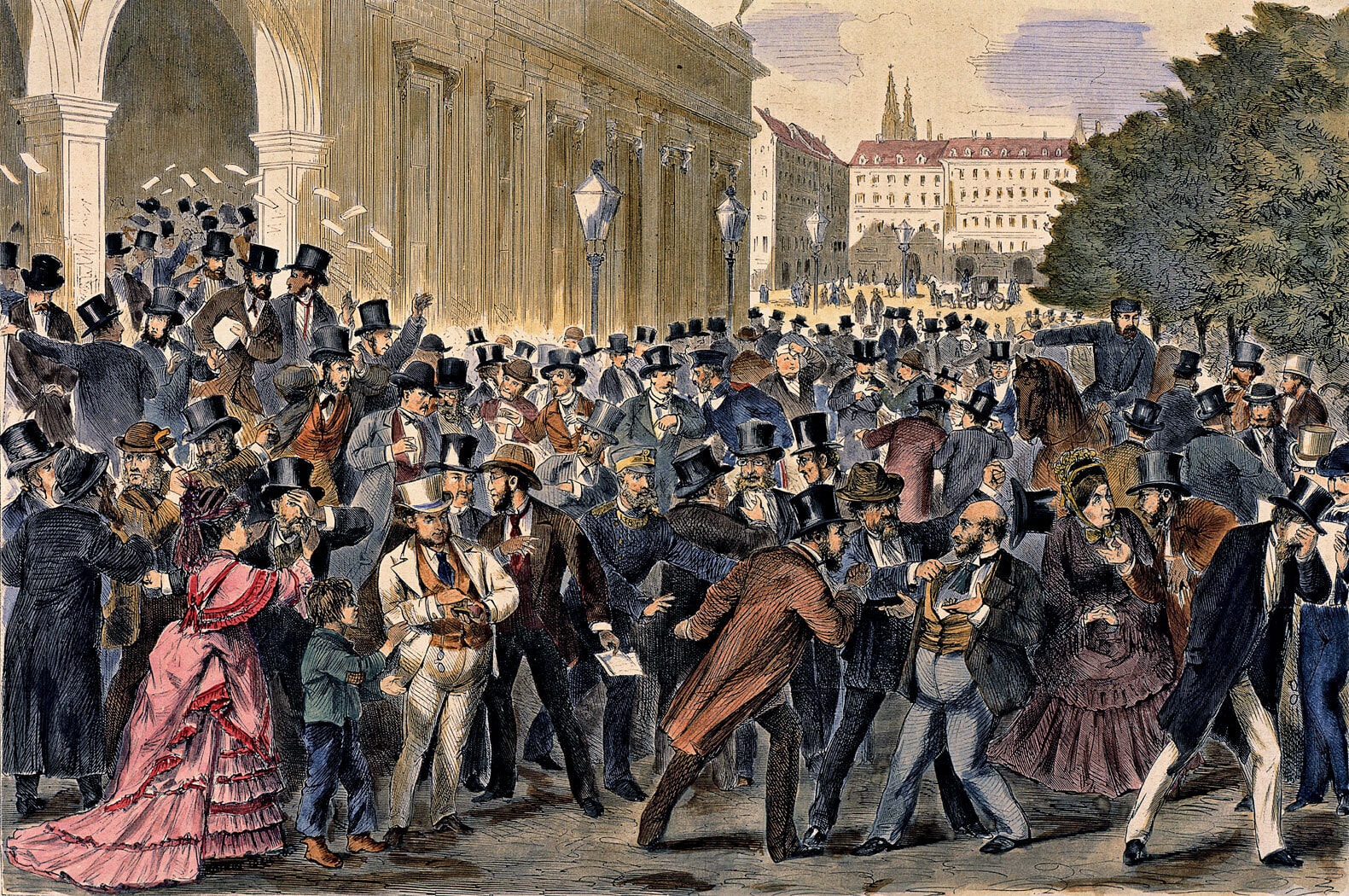The case for Turkey in Europe

Stay up to date:
European Union
Turkey’s wider neighborhood is engulfed in crises. To its east lie political instability, civil war, and terrorism, while its neighbors to the west are struggling to regain their financial footing, following an economic collapse nearly on the scale of the Great Depression. In the midst of all this turmoil, Turkey represents an island of peace, democracy, security, and stability – something that the European Union should keep in mind when considering the current paralysis in accession talks.
Over the last decade, the Turkish government has overseen a social and economic transformation, in which millions of people have moved into the middle class. A recent report by the World Bank, highlighting the steady growth that has brought Turkey to the threshold of high-income status, describes the country’s progress as socially inclusive: Poverty has been reduced by more than half, and access to high-quality health, education, and municipal services has expanded.
Indeed, since 2009, the Turkish economy has created four million new jobs, many of which require highly skilled workers. This has sharply reduced the gaps in the quality of health services and education both within the country and between it and other OECD members.
Moreover, Turkey is among the fastest-improving countries with respect to the quality of its infrastructure, including transport, telecommunications, and energy. And, during the 2008 global financial crisis, Turkey was the only OECD country that did not need to inject any public funds into its banks.
Turkey has also been diligent in its efforts to consolidate its democracy through the expansion of civil rights and liberties. Over the past 12 years, Turkey has adopted more than 2,000 pieces of legislation to reach EU standards in various fields. Given the many fires raging around Turkey, this has been achieved with a focus on striking the right balance between freedom and security.
Indeed, Turkey has implemented comprehensive reforms covering a wide range of issues, from civilian-military relations to minority rights. In particular, Turkey has taken bold steps that aim to achieve a peaceful settlement of the Kurdish issue, which has been a source of concern for decades. Undeniably, the EU accession process has played a role in stimulating this transformation.
Yet, despite its bold steps, Turkey is frequently, and unfairly, criticized, particularly with respect to media freedom. The Committee to Protect Journalists claims that seven journalists are in prison in Turkey. But two of them are actually free. And when the remaining five cases are examined individually, it becomes clear that not one of them has been jailed for their journalistic activities or for expressing dissenting views.
Instead, they are facing a variety of criminal charges, including murder with a firearm, bank robbery, and the bombing of police stations. As in all democracies where the rule of law prevails, members of a specific profession, including journalists, are not granted any form of immunity from these types of serious criminal charges.
Freedom of expression and of the press are guaranteed by Turkey’s constitution and statutes. For the last 13 years, the Turkish government has proved to be the main guarantor of freedom of expression, particularly through its reform of the judiciary.
Furthermore, it should be noted that more than 7,000 newspapers and magazines are published in Turkey, with a total daily circulation of nearly five million copies. Of the country’s five most widely read newspapers, four favor the opposition over the government. Roughly two-thirds of newspaper columnists oppose government policies on a regular basis, and, every evening, Turkey’s 18 national television channels air a broad spectrum of opinion from some 100 talk-show guests.
Given such free and vibrant daily debate in Turkey, allegations of rising authoritarianism are without merit. There simply can be no reasonable doubt about the country’s credentials in fulfilling the political conditions of the Copenhagen criteria for EU membership: commitment to democracy, the rule of law, human rights, and respect for and protection of minorities.
Many of the major turning points of the last several years – from the attacks on the United States on September 11, 2001, to the global financial crisis and the Arab Spring – have served to highlight the strategic importance of the relationship between Turkey and the EU. In a region of predominantly Muslim countries, Turkey has proved itself to be the only one that can maintain and strengthen genuine democracy. Turkey’s example in this regard should not be underrated.
Clearly, Turkey is a key country for the EU in terms of securing stability and prosperity in its immediate neighborhood. Yet accession negotiations between Turkey and the EU have been deadlocked, owing to prevailing political attitudes in some EU member states.
Turkey is ready to open negotiations on any chapter in the accession talks, and at any time. But, even in areas where EU interests are directly at stake – such as Chapter 23, which deals with the Judiciary and Fundamental Rights, and Chapter 24, which deals with Justice, Freedom, and Security – there has been no progress. This is not because Turkey is refusing to embrace the criteria that these chapters demand, but because a few European governments are, for their own domestic political reasons, blocking the negotiations unilaterally.
It would be a wise step for Turkey’s European friends to facilitate the accession process. At the end of the day, Turkey’s prospective membership will change the dynamics of the EU and the region for the better.
This article is published in collaboration with Project Syndicate. Publication does not imply endorsement of views by the World Economic Forum.
To keep up with Forum:Agenda subscribe to our weekly newsletter.
Author: Volkan Bozkir is Turkey’s Minister for European Union Affairs and Chief Negotiator for the EU accession negotiations.
Image: Skyscrapers are pictured behind old buildings in Beyoglu district in central Istanbul. REUTERS/Murad Sezer.
Don't miss any update on this topic
Create a free account and access your personalized content collection with our latest publications and analyses.
License and Republishing
World Economic Forum articles may be republished in accordance with the Creative Commons Attribution-NonCommercial-NoDerivatives 4.0 International Public License, and in accordance with our Terms of Use.
The views expressed in this article are those of the author alone and not the World Economic Forum.
Related topics:
Forum Stories newsletter
Bringing you weekly curated insights and analysis on the global issues that matter.
More on Economic GrowthSee all
Juan Caballero and Ana Sampaio
July 18, 2025
John Letzing
July 17, 2025
William Dixon
July 16, 2025
Aengus Collins
July 15, 2025
Guy Miller
July 15, 2025
Aaron Sherwood
July 15, 2025





